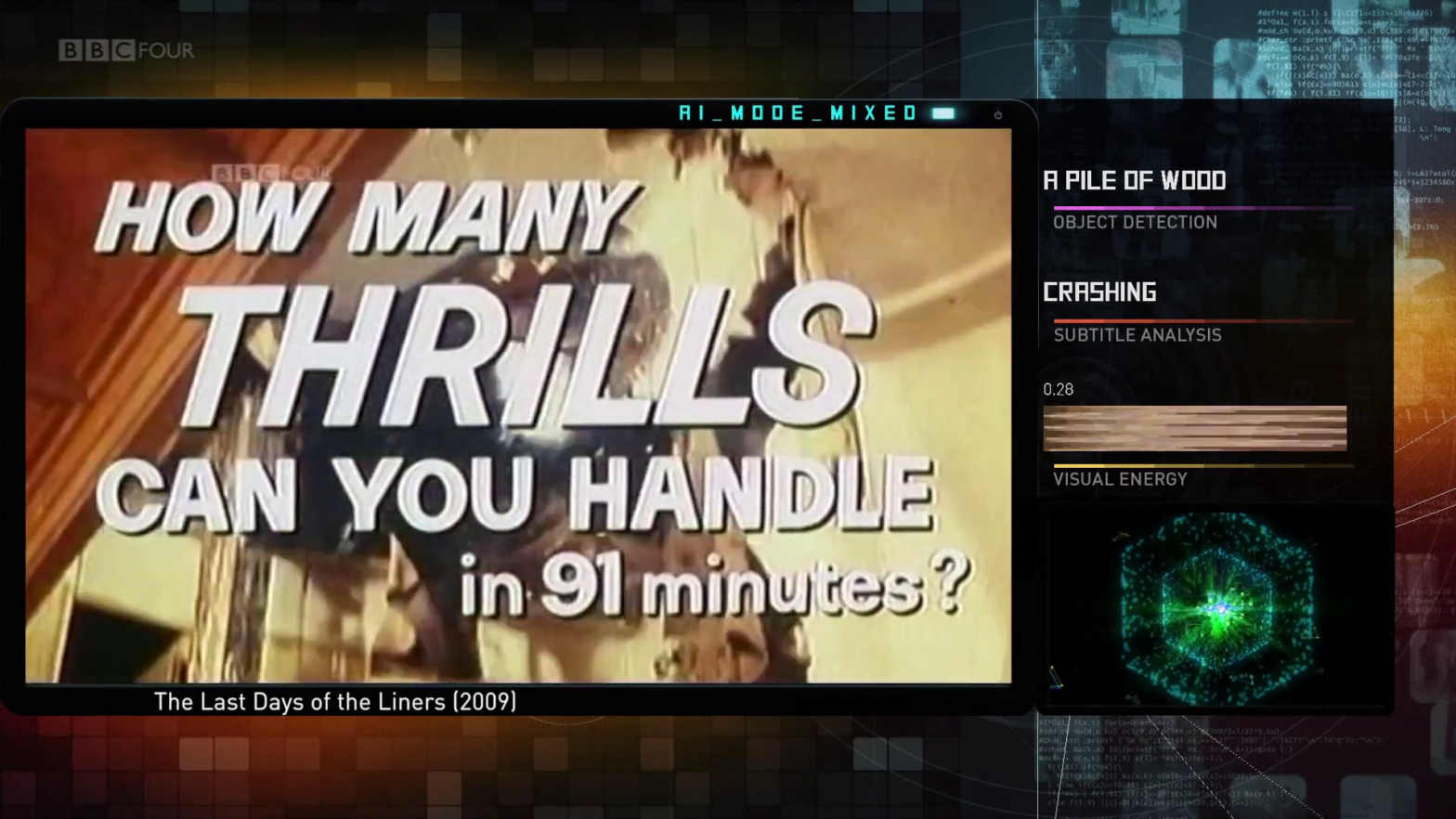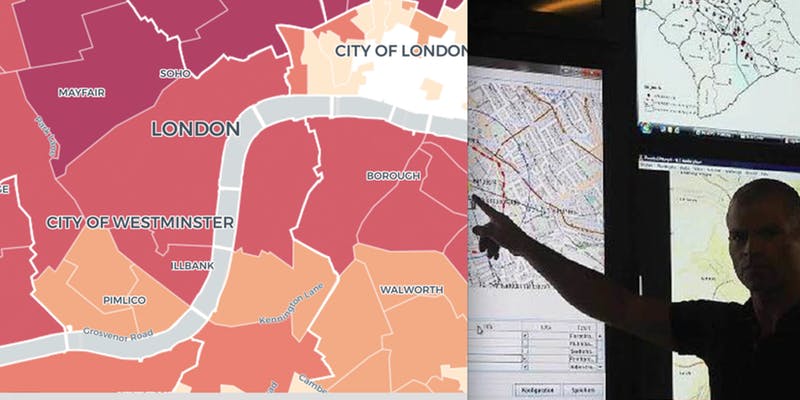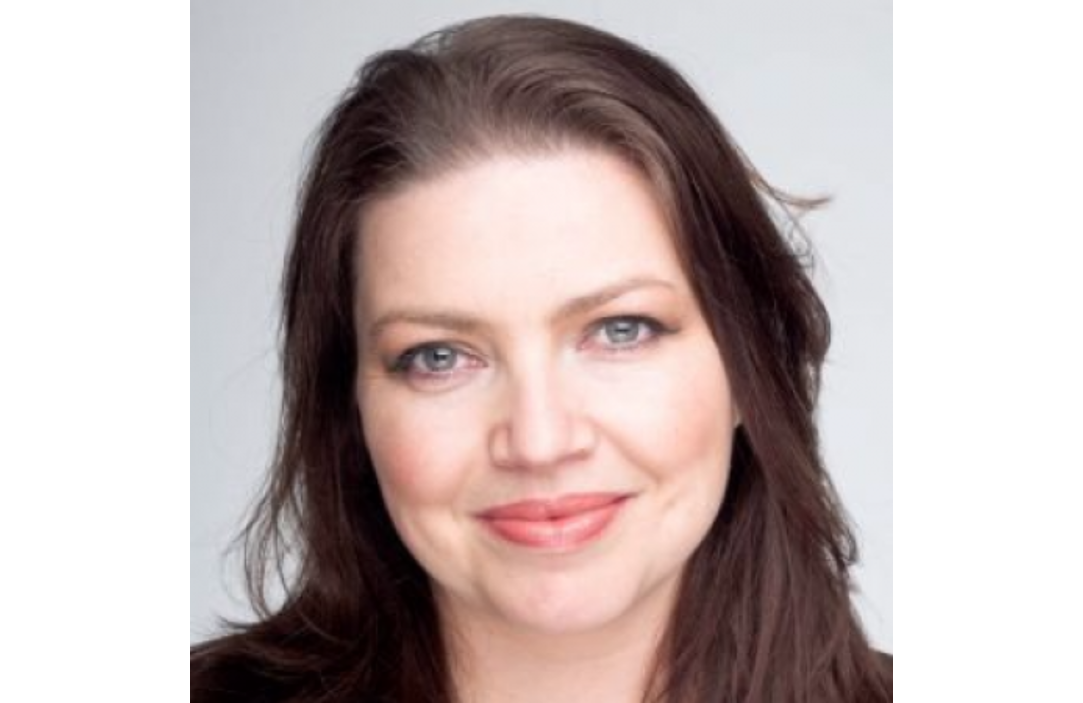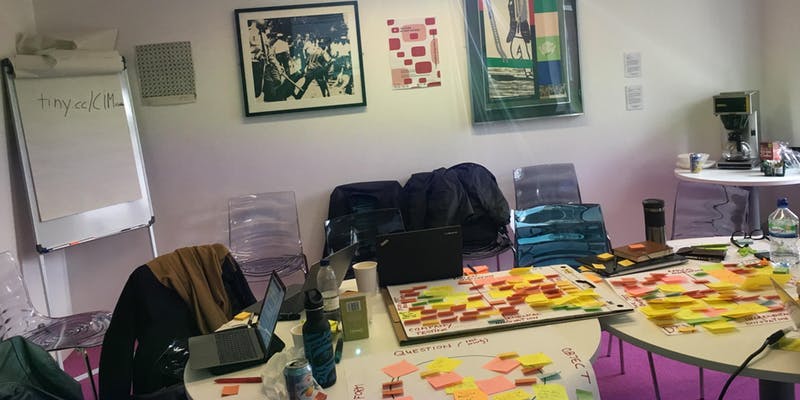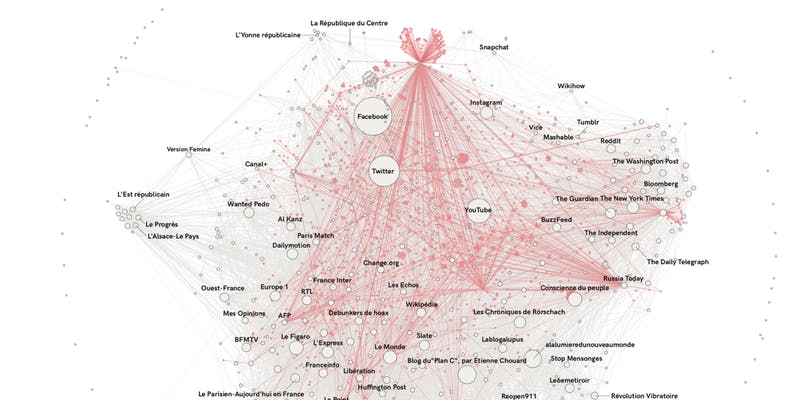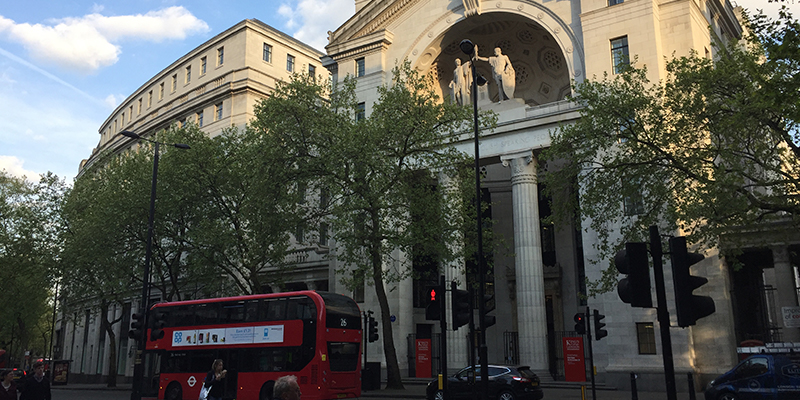[three_fourths] Film and television makers have been using computers in their practice for almost as long as computers have been around. Recently, they have incorporated machine learning techniques as creative tools in their craft. Creative machine learning holds the promise of the automation of the production and reproduction of visual culture, and this type of …
Continue reading “EVENT | Seen by Machine: Computational Spectatorship and the BBC Archive”

